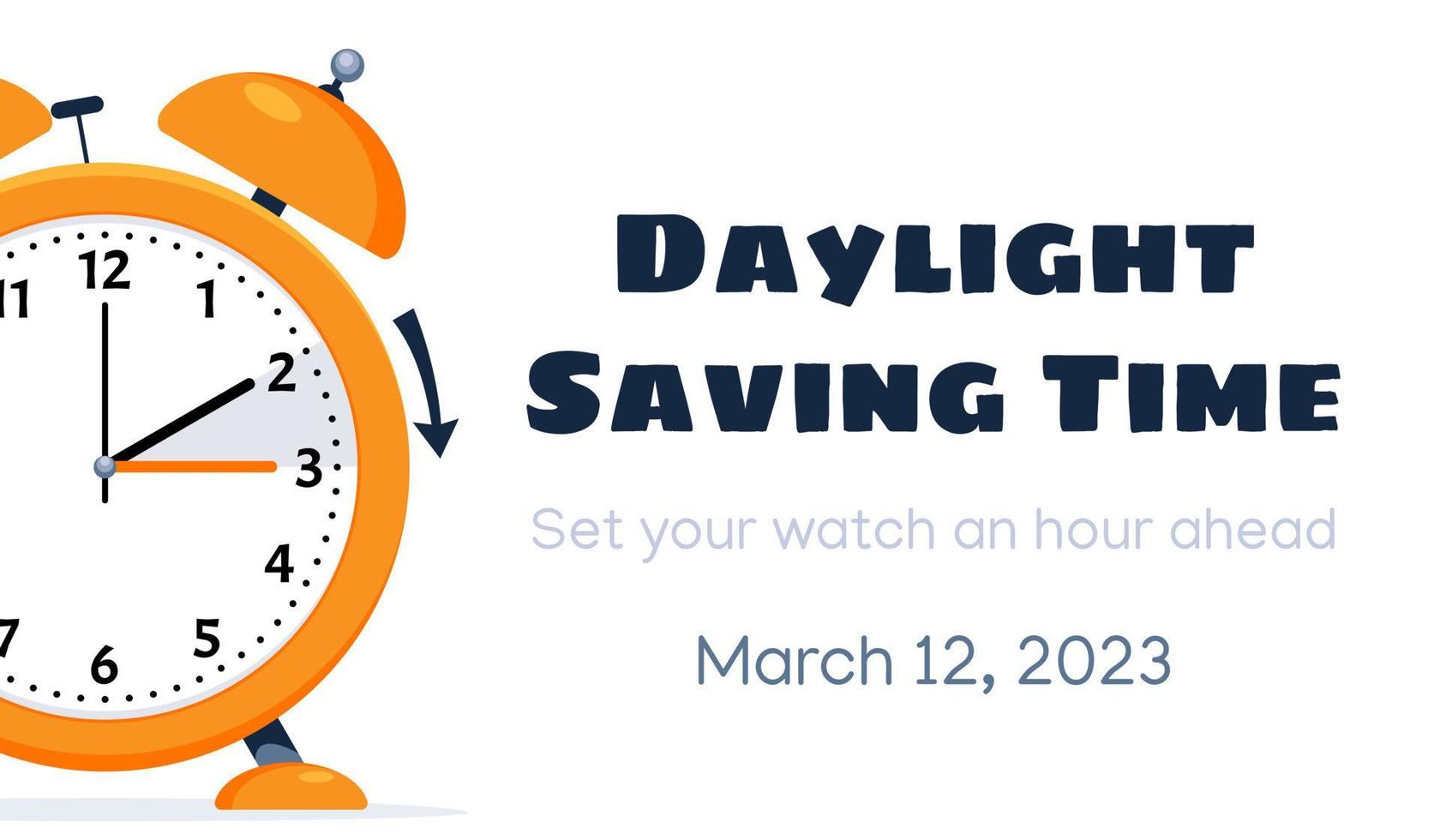Hey there, fellow time enthusiasts! Are you ready for the big clock shift coming our way in 2025? Time change 2025 is more than just a calendar update; it’s a global phenomenon that will affect how we live, work, and even sleep. Whether you’re a fan of daylight saving or not, this is something worth paying attention to. So grab your favorite drink, and let’s dive into what’s cooking in the world of clocks and calendars!
Let’s be real here—time changes can be a bit of a headache. You wake up groggy, wondering why everything feels off, and before you know it, you’re running late for your morning meeting. But hey, time change 2025 isn’t just about resetting your alarm clock. It’s about understanding how these shifts impact our lives and preparing ourselves for smoother transitions.
Now, if you’re wondering why we’re even talking about this, stick around because we’re going to break it down for you. From the history of daylight saving to the latest updates on time change 2025, we’ve got all the juicy details you need to stay ahead of the game.
Read also:Sam Elliott A Democrat Or Republican
What Exactly is Time Change 2025?
So, what’s the deal with time change 2025? Simply put, it’s the next big adjustment in our global timekeeping system. But it’s not just about springing forward or falling back. This year could bring some major changes to how we handle daylight saving time (DST) across different countries. For example, some regions are considering permanent DST, while others might scrap it altogether.
Why does this matter? Well, time changes aren’t just about convenience; they have real-world impacts on health, productivity, and even the environment. As we move closer to 2025, governments and organizations are reevaluating the pros and cons of DST to decide what works best for their populations.
Why Do We Even Have Daylight Saving Time?
Let’s take a trip down memory lane. Daylight saving time was first introduced during World War I as a way to conserve energy by making better use of natural daylight. The idea was simple: adjust the clocks so people could enjoy more sunlight during working hours, reducing the need for artificial lighting.
But here’s the kicker—studies have shown that the energy savings from DST are actually pretty minimal in modern times. With advancements in technology and changes in how we consume energy, the original purpose of DST has become somewhat outdated. Yet, it’s still a tradition that many countries cling to.
Key Reasons Behind Daylight Saving Time
- Energy conservation (historically)
- Increased outdoor activities
- Potential economic benefits
- Improved road safety during evening commutes
Time Change 2025: What’s Different This Time?
Fast forward to 2025, and the conversation around time change is evolving. Many countries are rethinking their approach to DST due to growing concerns about its effects on public health. Sleep disruptions, increased risk of accidents, and even mental health issues have been linked to abrupt clock changes.
In fact, some regions are already making moves. For instance, the European Union has been discussing the possibility of abolishing DST altogether, allowing member states to choose a permanent standard time or DST. Meanwhile, several U.S. states are pushing for legislation to adopt permanent DST, citing benefits like longer daylight hours for outdoor activities.
Read also:Is Ross Marquand Gay
Top Trends in Time Change 2025
- Permanent daylight saving time adoption
- Regional variations in timekeeping practices
- Increased focus on public health impacts
How Will Time Change 2025 Affect You?
Alright, let’s get personal. How exactly will time change 2025 impact your daily life? Depending on where you live, the effects could vary. If your country decides to adopt permanent DST, you might enjoy more sunlight in the evenings but sacrifice those golden morning hours. On the flip side, sticking with standard time could mean darker evenings but brighter mornings.
And let’s not forget the biological clock. Humans are creatures of habit, and sudden shifts in our routines can throw us off balance. That’s why experts recommend preparing for time changes by gradually adjusting your sleep schedule a few days in advance.
Tips for Handling Time Change Smoothly
- Gradually shift your bedtime by 15 minutes each night
- Expose yourself to natural light during the day
- Limit screen time before bed
- Stay hydrated and eat balanced meals
Global Perspectives on Time Change 2025
When it comes to time change 2025, the world is far from unanimous. While some countries are eager to embrace permanent DST, others prefer the status quo. Let’s take a look at a few key players:
United States
Several U.S. states, including Florida, California, and Texas, have passed legislation supporting permanent DST. However, federal approval is still required for these changes to take effect. If approved, residents in these states could enjoy longer daylight hours year-round.
European Union
The EU has been exploring the possibility of ending DST since 2019. A survey conducted by the European Commission found that a majority of citizens favored abolishing the biannual clock changes. While no final decision has been made, discussions are ongoing.
Australia
Down under, the debate over DST is a bit more relaxed. Some states, like Queensland, don’t observe DST at all, while others, like New South Wales and Victoria, continue to follow the traditional schedule. For now, it seems unlikely that Australia will make drastic changes in 2025.
Health Impacts of Time Change
Let’s talk about the elephant in the room—how does time change affect our health? Research has shown that even small disruptions in our circadian rhythms can have significant consequences. Sleep deprivation, mood swings, and even an increased risk of heart attacks have been linked to time changes.
But don’t panic just yet! By understanding these risks and taking proactive steps to minimize their impact, you can navigate time change 2025 with ease. Simple strategies like maintaining a consistent sleep schedule and practicing good sleep hygiene can go a long way in protecting your well-being.
Economic Implications of Time Change 2025
Now, let’s shift gears and talk money. Time change 2025 could have interesting economic implications, depending on how different regions choose to approach DST. For example, industries like tourism and retail might benefit from extended daylight hours, while others, like agriculture, could face challenges.
Additionally, businesses operating across multiple time zones may need to adapt their operations to accommodate varying schedules. This could lead to increased costs and logistical complexities, especially for multinational corporations.
Environmental Considerations
Finally, let’s not forget the planet. Time change 2025 presents an opportunity to reassess our relationship with energy consumption. While the original intent of DST was to save energy, modern studies suggest that its impact may be negligible—or even counterproductive.
As we move toward a more sustainable future, it’s worth considering whether sticking with standard time or adopting permanent DST aligns with our environmental goals. By prioritizing energy efficiency and reducing waste, we can make smarter choices that benefit both people and the planet.
Final Thoughts: Are You Ready for Time Change 2025?
So there you have it—a deep dive into the world of time change 2025. Whether you’re a fan of daylight saving or prefer the simplicity of standard time, one thing is clear: change is coming, and it’s up to us to adapt.
Here’s a quick recap of what we’ve covered:
- Time change 2025 involves reevaluating DST practices globally
- Health, economic, and environmental factors play a role in decision-making
- Preparation and awareness are key to navigating these changes smoothly
Now it’s your turn! Share your thoughts on time change 2025 in the comments below. Do you prefer permanent DST, standard time, or something else entirely? Let’s keep the conversation going and help each other stay informed as we count down to this exciting year!
Table of Contents
- Time Change 2025: The Countdown Begins!
- What Exactly is Time Change 2025?
- Why Do We Even Have Daylight Saving Time?
- Time Change 2025: What’s Different This Time?
- How Will Time Change 2025 Affect You?
- Global Perspectives on Time Change 2025
- Health Impacts of Time Change
- Economic Implications of Time Change 2025
- Environmental Considerations
- Final Thoughts: Are You Ready for Time Change 2025?


